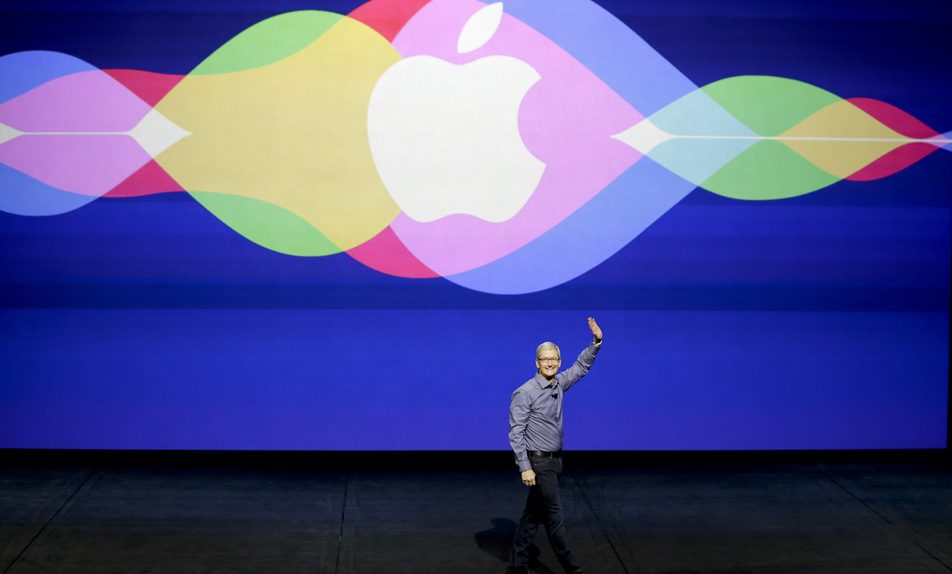Apple is still very committed to both user privacy and strong encryption, especially in the wake of the Cambridge Analytica revelations.
In an interview, Apple CEO Tim Cook asked for “well-crafted” regulation when it comes to user privacy. Separately, Apple’s software chief Craig Federighi reiterated Apple’s stance on the need of having strong encryption, the kind that can’t have any backdoors like the US government asks for.
Cook made his remarks at the annual China Development Forum in Beijing on Saturday, Bloomberg reports, which came at the end of a rough week for Facebook.
“I think that this certain situation is so dire and has become so large that probably some well-crafted regulation is necessary,” Cook replied when asked whether the use of data should be restricted.
“The ability of anyone to know what you’ve been browsing about for years, who your contacts are, who their contacts are, things you like and dislike and every intimate detail of your life — from my own point of view it shouldn’t exist.”
“We’ve worried for a number of years that people in many countries were giving up data probably without knowing fully what they were doing and that these detailed profiles that were being built of them, that one day something would occur, and people would be incredibly offended by what had been done without them being aware of it,” Cook added. “Unfortunately that prediction has come true more than once.”
Encryption is one critical way of protecting user data. That includes encrypted services, but also encrypted devices. The US, and other governments around the world, would love Apple, Google, and others to include backdoors in their devices and services, so that law enforcement agencies could access data tied to active investigations.
Apple has always opposed adding backdoors to iOS, and nothing has changed, even though the Justice Department is looking at ways to force device makers to unlock phones part of criminal investigations.
According to The New York Times found out that the FBI and Justice Department officials have been quietly meeting with security researchers who have been working on backdoors for encrypted devices. That’s called “extraordinary access” to encrypted devices. But, whatever they call it, it’s still a feature that reduces the security of a device.
Federighi stressed the importance of strengthening security for iPhone, not weakening it.
“Proposals that involve giving the keys to customers’ device data to anyone but the customer inject new and dangerous weaknesses into product security,” the exec said in a statement. “Weakening security makes no sense when you consider that customers rely on our products to keep their personal information safe, run their businesses or even manage vital infrastructure like power grids and transportation systems.”
Security researchers have been considering ways that would allow law enforcement to unlock smartphones. One idea that’s gaining steam would be that encrypted devices would also hold special unlock keys that could be used to unlock a device of interest. The process would still involve a court order, and only the phone’s maker would be able to unlock it. Therefore, the keys would not be handed to law enforcement. However, this universal unlock solution would be at risk of leaking, as multiple people inside a company would have to be able to access it to help with requests from law enforcement.








